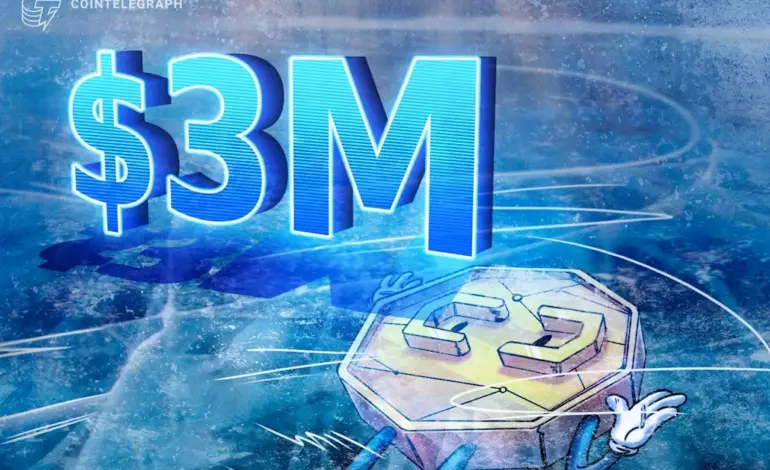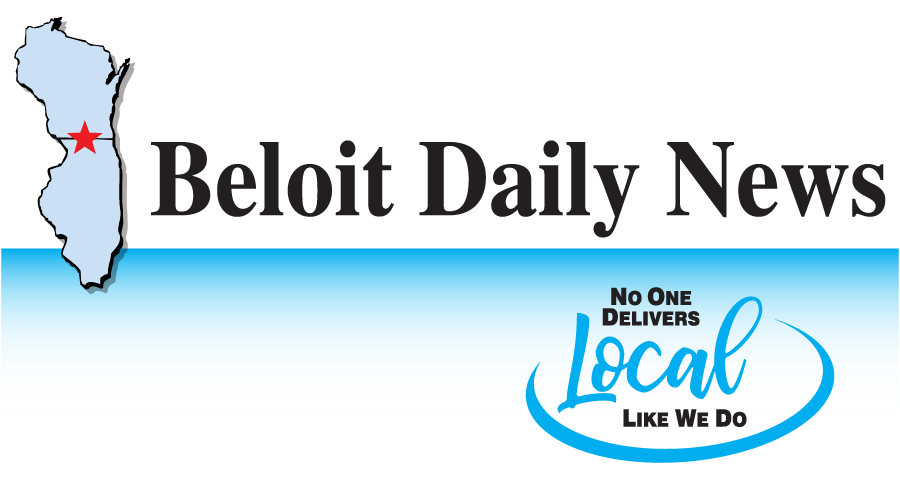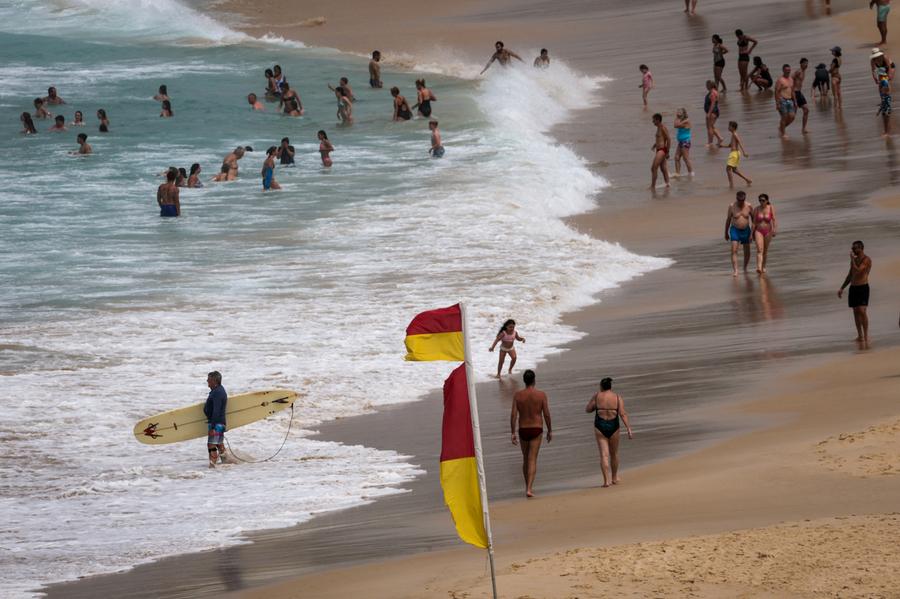Urgent Update: Orca Calf J64 Confirmed Dead, Experts Say

BREAKING: Whale researchers have confirmed that the newest member of the J Pod orca family, calf J64, is likely deceased. This urgent update follows recent observations that failed to detect the calf alongside its mother, J42, during crucial monitoring efforts near Mayne Island, British Columbia.
Whale experts from the Center for Whale Research reported today that after three consecutive encounters without sight of J64, they have concluded the calf did not survive. Observations took place just north of Sidney, B.C., where researchers had been closely monitoring the pod for signs of the young orca.
During their latest excursion, researchers observed J42 surfacing repeatedly, but J64 was nowhere in sight. “We held the camera trigger down while waiting for J64 to pop up behind her. Unfortunately, J64 did not surface,” the researchers stated in a poignant Facebook post. “After a few long dives and still no calf, we had to conclude that J64 did not survive and was now gone.”
The calf, initially reported on September 18, 2023, had shown promising signs of health, consistently traveling alongside J42 and exhibiting surfacing behaviors typical of a nursing calf. However, experts acknowledge that the mortality rate for orca calves born into the Southern Resident population is alarmingly high, particularly for first-time mothers like J42. Factors contributing to this tragic outcome include poor nutrition and environmental toxins passed from mother to calf during gestation.
Researchers dispatched to capture images of the J Pod received reports in late October indicating the pod was moving north. Disappointed by their findings, the team slowly withdrew as the orcas rounded Helen Point. “We kept taking photos of the whole group, hoping J64 was playing with other whales. However, there was no sign of the newest calf,” they lamented.
This heartbreaking news emphasizes the ongoing challenges faced by the Southern Resident orcas, a population that has struggled with declining numbers in recent years. The health of orca populations is closely tied to the availability of Chinook salmon, which remains vital for their survival.
As researchers continue to monitor the J Pod and maintain hope for other calves in the group, the loss of J64 serves as a stark reminder of the fragility of marine ecosystems. The implications of such losses resonate deeply within conservation circles and among wildlife enthusiasts globally.
Stay tuned for more updates as we follow the continuing developments surrounding the J Pod and its remaining members.






